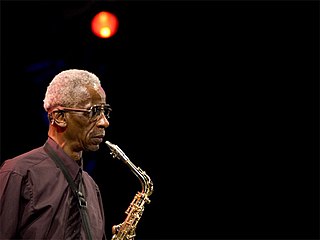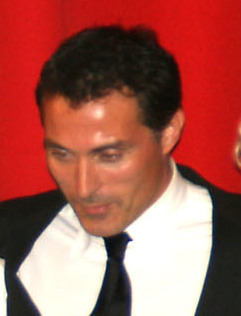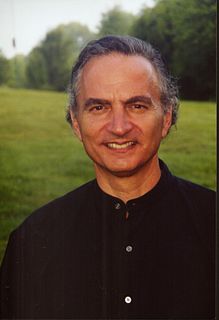A Quote by Tom Waits
You know when you throw a party, you think people will show up and no one will like each other. It's like that with music - parts of your musical psyche have never met other parts. You wonder if you should get them together.
Related Quotes
Even if someone doesn't look like you or you don't know people like this in your real life, you get to know them and you get to see their humanity and you get to empathize with them. Our hope is that through empathy that can spark change. We hope people start talking to each other and our show sparks conversation because we need to start talking to each other, not at each other.
I like to imagine a person's psyche to be like a boardinghouse full of characters. The ones who show up regularly and who habitually follow the house rules may not have met other long-term residents who stay behind closed doors, or who only appear at night. An adequate theory of character must make room for character actors, for the stuntmen and animal handlers, for all the figures who play bit parts and produce unexpected acts. They often make the show fateful, or tragic, or farcically absurd.
BEAUTY will result from the form and correspondence of the whole, with respect to the several parts, of the parts with regard to each other, and of these again to the whole; that the structure may appear an entire and compleat body, wherein each member agrees with the other, and all necessary to compose what you intend to form.
I remember going to him (Richard England) and saying, “You know, how come you don't give me any parts?” I did Raymonda and a couple of other nice parts, but mostly he was giving a lot of parts to the other girls. He said, “Those girls are short and they're not going to get into ABT, but I think you are going to get into ABT. I think you're going dance later, so I'm not worried about you.”
As an author, you think you know where the good parts and the bad parts are. And then you read to a group of children, and you learn when you're boring them, and you hurry through those sections to get to the parts where they're interested again. You start to get a sense of your story's rhythm and flow.
When one part of the brain makes a choice, other parts can quickly invent a story to explain why. If you show the command "Walk" to the right hemisphere (the one without language), the patient will get up and start walking. If you stop him and ask why he's leaving, his left hemisphere, cooking up an answer, will say something like "I was going to get a drink of water."




































